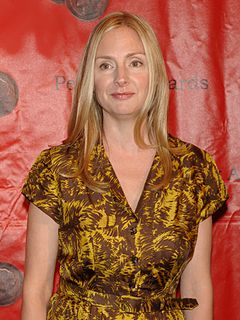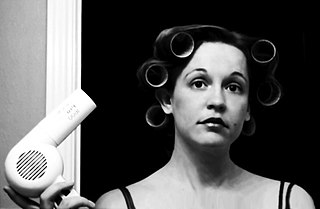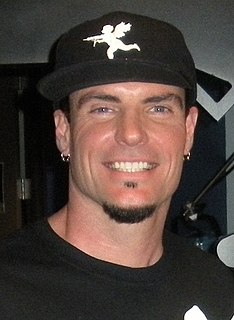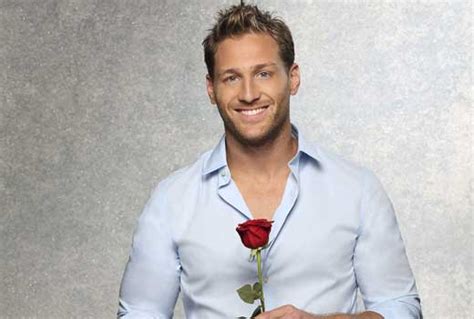A Quote by Linda Armstrong
The pack includes analysis and summary forms as well as very explicit links between assessment and individualised intervention...these materials are often lacking in published therapy programmes and are especially helpful...the pack provides very clear guidelines...overall it will be a very significant addition to speech and language therapy practice.
Related Quotes
People in Israel would write in a high register, they wouldn't write colloquial speech. I do a special take on colloquial speech. When I started writing, I thought [the language] was telling the story of this country: old people in a young nation, very religious, very conservative, very tight-assed, but also very anarchistic, very open-minded. It's all in the language, and that's one thing that doesn't translate.
I have not spent years in therapy; I tried therapy in my mid-twenties, and it did not go very well. I just thought, 'This is so not for me. I would rather talk to one of my girlfriends.' I'm not at a point in my life when I'm analyzing too much. I have young children, and I'm just pretty much crazed.

































